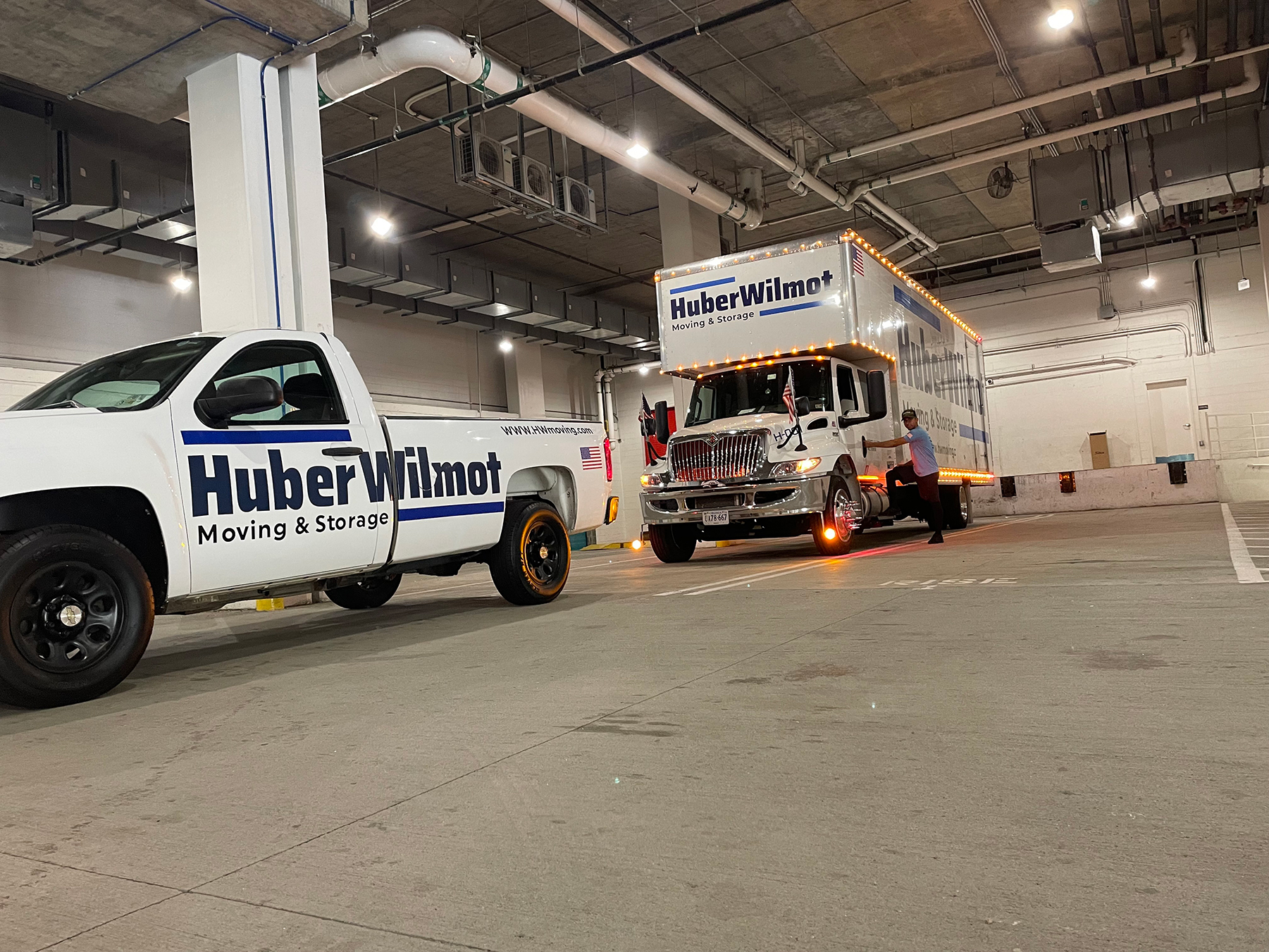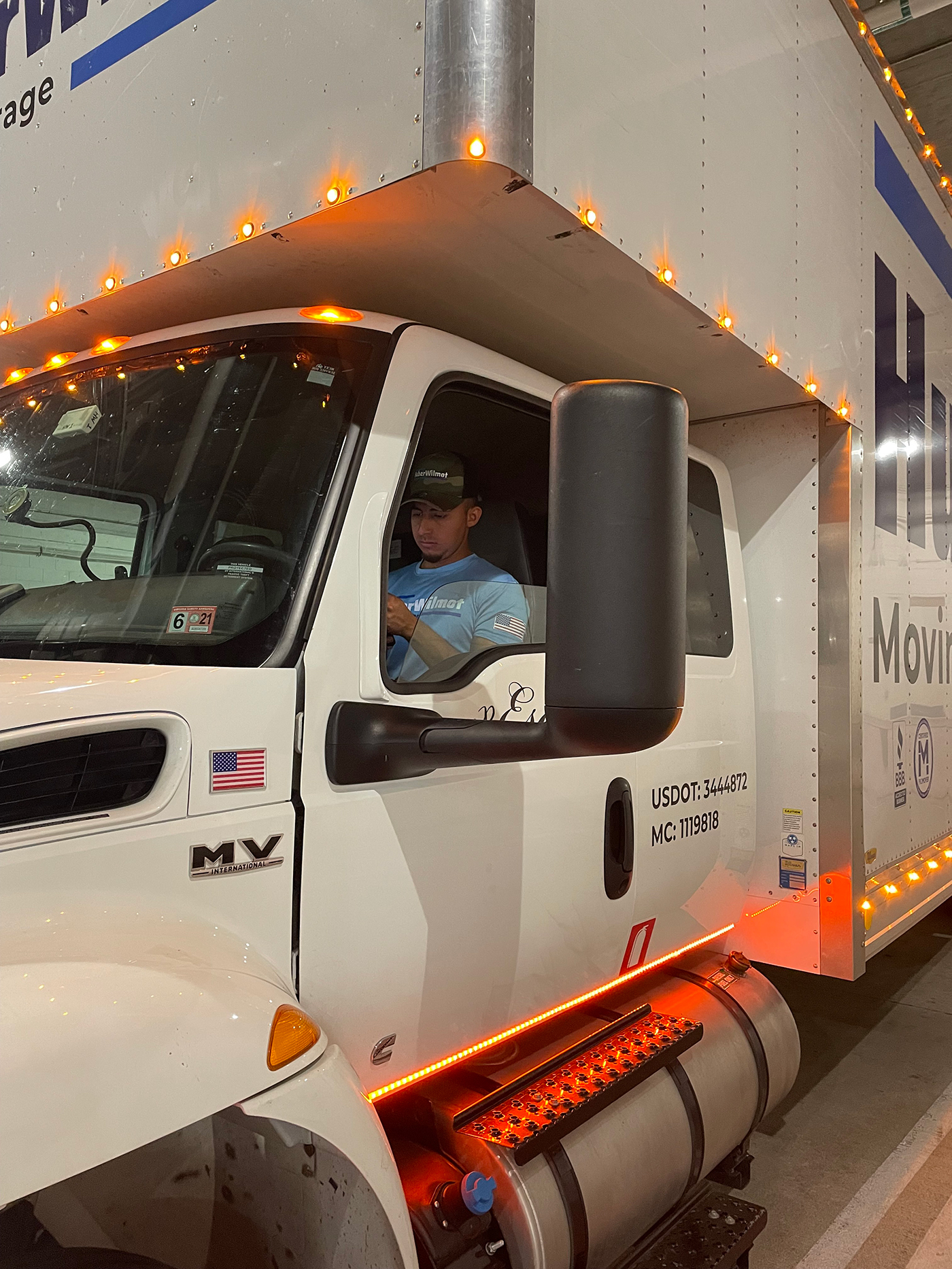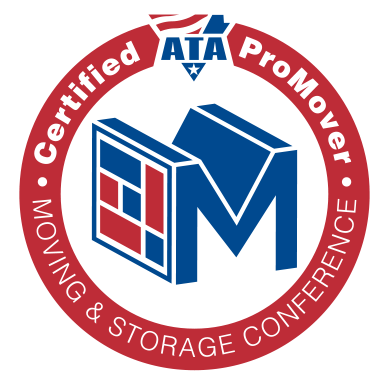How to Nail Your DC Commercial Move Timeline

In the life of a business, office moves easily rank among the most stressful and unpredictable projects.
Endless coordination, accounting for everyone’s needs and preferences, vendor management, and employee communication; a lot can go wrong, making it a tremendous amount of work.
Office moves are far easier with a bit of planning. Assuming you have at least six to nine months before your move-in date, we’ve compiled a handy timeline to help keep you on task.
Six to Nine Months Prior to Your DC Commercial Move
Review Your Current Lease
Before you commit to any moving plans, first go through your lease terms for any potential conflicts. You might find terms for repair, a decommissioning plan, or how long in advance you have to notify your landlord about not renewing your lease.
Depending on the terms, you may be responsible for leaving the property in good condition or ensuring that it’s restored to the condition it was in previously. If you don’t want legal trouble, you may have to dot your i’s and cross your t’s.
Set a Budget for Moving Expenses

It’s impossible to anticipate every expense you’ll encounter in a move, especially when surprises are likely to occur between the planning phase and the end of your move.
Plan to account for expenses in the following categories
- Moving labor (Number of furniture and workstations that need to be moved)
- Purchasing new furniture, or replacing worn or broken furniture
- Any additional networking equipment (Servers, cabling, wifi routing)
- Any additional decorations
- Moving insurance
- Utility start-up costs
Note as well that you’ll want to consider who is best equipped to handle vendor payments, and how these vendors will be paid.
Decide on the Level of Insurance Coverage
Every professional moving company will offer at least one kind of insurance coverage. It’s called released value, and it’s a federally mandated coverage level, which only covers 60 cents per pound. What’s more, this coverage doesn’t include electronics broken during moves.
In all likelihood, you’ll want to go with a provider that offers a higher level of coverage. And before you commit, be sure to ask exactly what is and is not included in that level of coverage.
Designate a Point Person or Team Committee

It’s all too easy for large projects like moving to fall to the wayside if no one is specifically tasked with handling it.
Depending on the size of your company, you should either assign a single point person for the moving process, or divvy up the responsibilities between a committee of relevant decision-makers, including IT, operations, and HR.
Establish Your Next Location’s IT Infrastructure Needs
Review all the cabling infrastructure and telecommunications in the new office. Research the internet services and phone service providers in your new location. Establish whether your phone number must change, and if your new ISPs offer quick enough service to meet your needs.
3 Months Before Your DC Commercial Move

Make a Company Announcement and Solicit Feedback

You should be informing your employees of a move somewhere between six months and three prior.
In the announcement, you should detail any expectations you have for them—like whether they’ll need to help move or lift boxes—ask about health restrictions, and be abundantly clear on the move-out timeline.
Compay-wide surveys are also great tools for larger companies; take the temperature of your employees and their needed accommodations in this new space.
One Month to One Week Before Your DC Commercial Move

Now that the final day is getting close, your moving project manager or committee will have a number of loose ends to tie up. Ensure the following is covered anywhere between one month before to the day of.
- Label and color code all furniture and devices to be moved
- Finalize plans with the moving team
- Confirm the date and see if a moving=day itinerary is necessary for logistical coordination.
- Change addresses on all stationary, web properties, and email signatures
- Perform a final site inspection
- Back up your data
The Day Of Your DC Commercial Move
Unless you’re planning on doing all the moving, the day of should be far less complex now that you’ve done the legwork. In one or two full days, your movers should be able to safely deliver your furniture and equipment. All that’s left is to enjoy your new space and all the benefits that come with it.
HuberWilmot Moving & Storage’s vetted and qualified relocation specialists are experts in all manner of last-minute moving challenges We ensure the longevity of your most valuable possessions with award-winning service, ensuring a safe, secure, and efficient move. Request a residential move quote today.




















